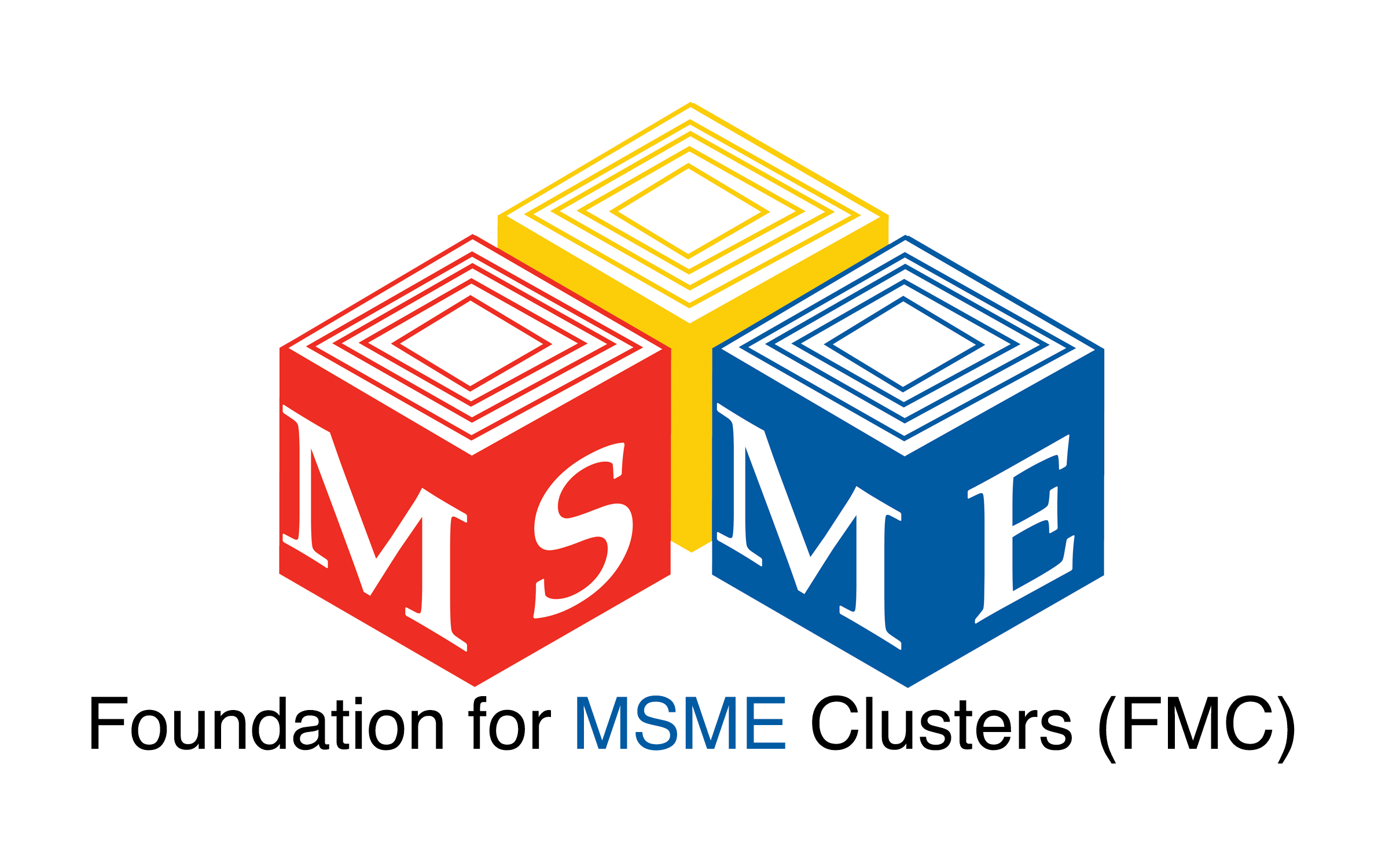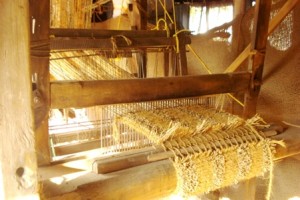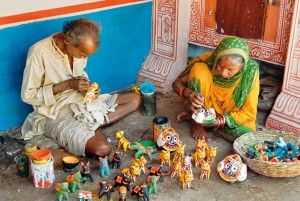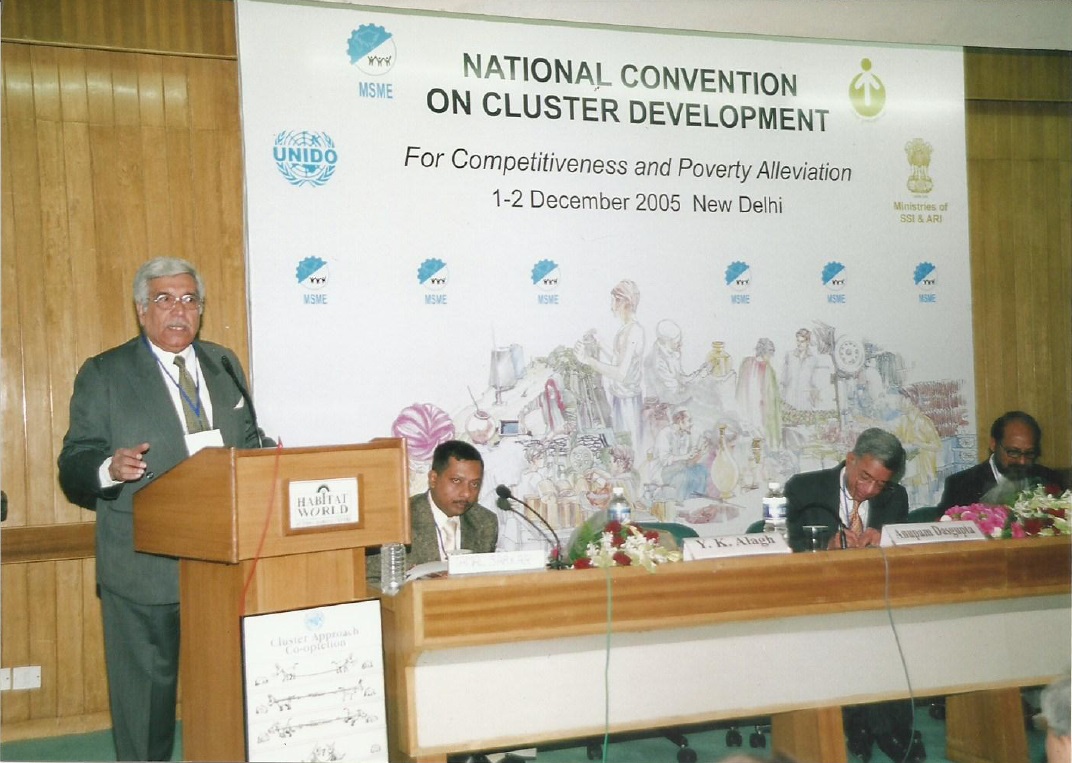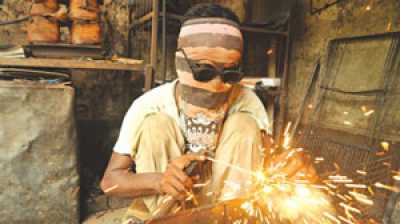In India the concept of cluster development as a tool for promoting MSMEs was promoted by UNIDO in 1996. Since then the acceptance of the approach has proliferated and till date over 20 schemes and programmes have been initiated in India by several Central Government Ministries, State Government, international organizations, development banks and other institutions. Almost 1500 (industrial clusters – 500 and artisanal clusters – 1000 clusters have been supported under such schemes or programmes. Moreover, the areas of support under the cluster development schemes and programmes have widened from classical objective of promoting productivity enhancement to new thematic areas like promoting innovation, fostering business responsibility, promoting inclusive growth, creating market for business development service (BDS) providers, strengthening cluster infrastructure, etc.The objective of this conference was to share international experiences and provide insights for designing effective national and regional cluster focused development policies and implementation frameworks. Such policies and frameworks can help in addressing diverse objectives across different sectors viz. industry, agriculture and services.
